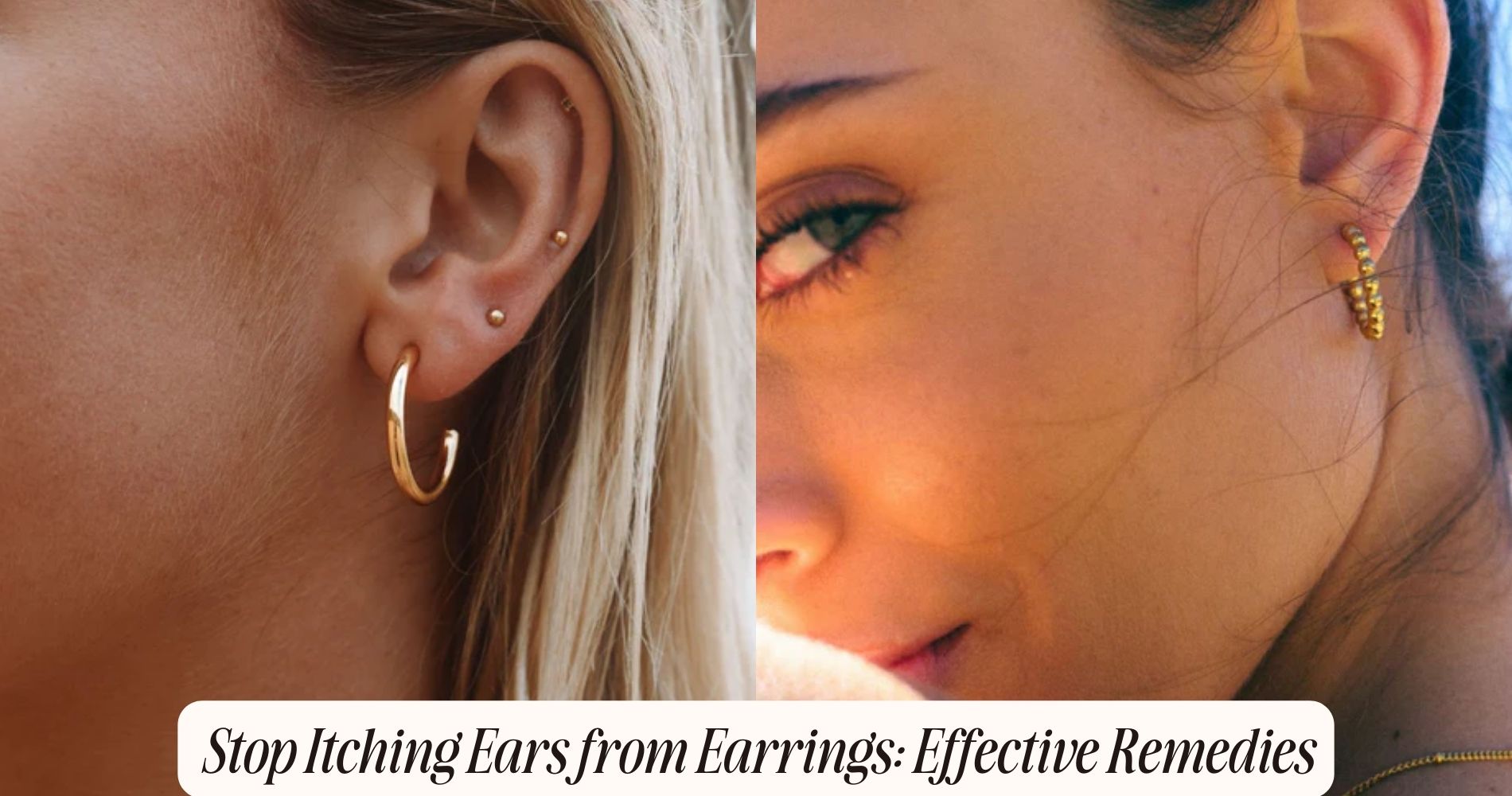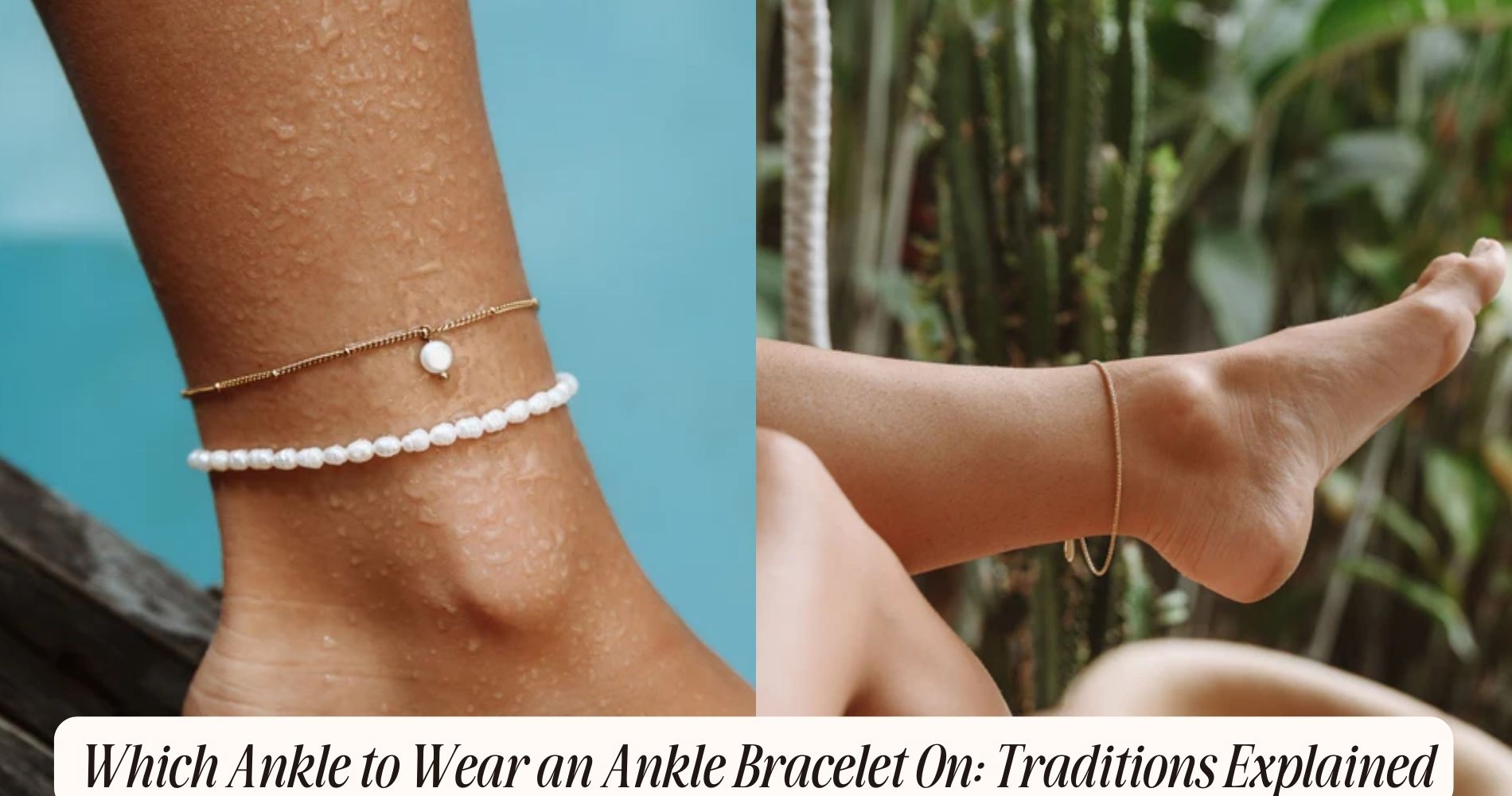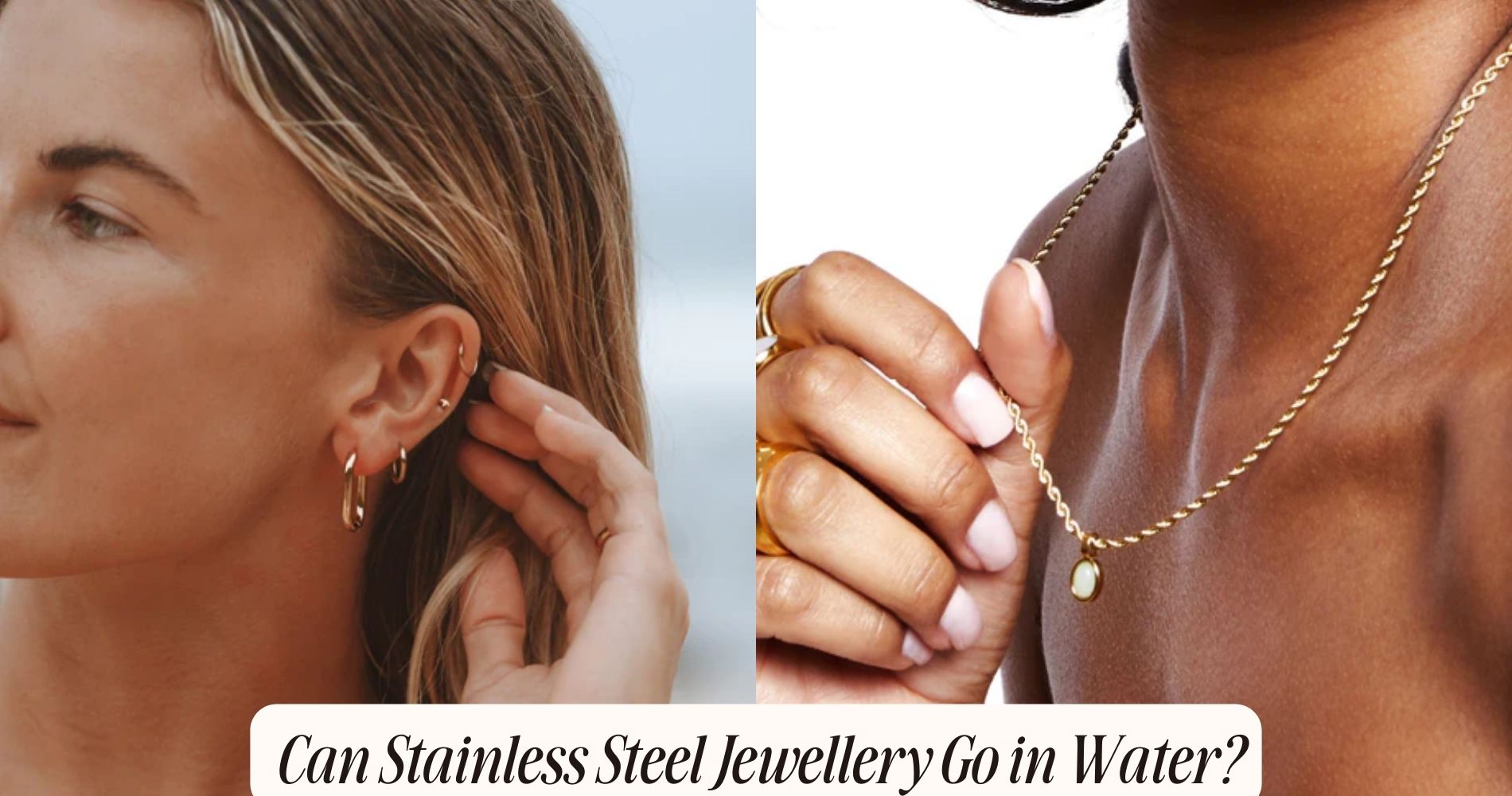
Stop Itching Ears from Earrings: Effective Remedies
If itching ears from earrings bug you, relief is within reach. Pinpoint common irritants such as allergic reactions or nickel sensitivity. Opt for hypoallergenic materials like surgical-grade stainless steel or 14k gold to ease discomfort. Regularly clean your earrings and earlobes with warm water and mild soap. Consider allergy testing to identify triggers and go for hypoallergenic options. Hydrate, moisturize, and try home remedies like aloe vera or coconut oil. Get professional support for stubborn issues. For a selection of earrings designed to prevent discomfort and enhance your wearing experience, explore our Hypoallergenic Jewelry collection. Effective remedies await to soothe your itchy ears and make wearing earrings a pleasure again.
Common Causes of Earring Irritation
If your ears are feeling irritated after wearing earrings, the common causes of this discomfort may include allergic reactions, nickel sensitivity, or improper earring materials. Allergic reactions can be triggered by certain metals like nickel, which is a common allergen found in many earrings.
To prevent infections and alleviate irritation, it's essential to opt for hypoallergenic earrings made from materials such as surgical-grade stainless steel, titanium, or 14k gold. Regularly cleaning your earrings with a gentle solution like warm water and mild soap can also help maintain their cleanliness and reduce the risk of irritation.
Additionally, practicing good earring care techniques such as avoiding wearing earrings while sleeping or during activities that may expose them to excessive moisture or chemicals can further prevent discomfort. By being mindful of the materials you choose and taking proper care of your earrings, you can minimize the chances of experiencing irritation and keep your ears happy and healthy.
Proper Earring Material Selection
When selecting earrings, opt for hypoallergenic materials like surgical-grade stainless steel or 14k gold to reduce the risk of irritation and keep your ears comfortable. Titanium earrings are another excellent option for those with sensitive ears, as titanium is known for being hypoallergenic and resistant to corrosion.
If you prefer the look of silver, consider choosing earrings with silver plating over sterling silver, as the plating creates a barrier between the metal and your skin, reducing the risk of irritation.
It's essential to pay attention to the materials used in the earrings you purchase, especially if you have a history of ear sensitivity. While costume jewelry may be tempting due to its affordability and trendy designs, these pieces often contain nickel or other cheap alloys that can trigger allergic reactions.
Investing in high-quality earrings made from hypoallergenic materials like titanium or silver-plated options can help prevent itching, redness, and discomfort caused by metal allergies.
Cleaning Earrings and Earlobes
To maintain the hygiene and comfort of your ears, regularly cleaning both your earrings and earlobes is essential. Proper earring hygiene involves removing your earrings daily and wiping them with a clean cloth dampened with warm water and mild soap. Make sure to dry them completely before wearing them again to prevent irritation.
For earlobe care, gently wash your earlobes with soap and water during your daily shower, making certain to dry them thoroughly afterward. Avoid using harsh chemicals or excessive rubbing, as this can cause irritation. Additionally, it's important to avoid wearing earrings while your earlobes are still damp to prevent bacteria growth.
Regularly inspect your earrings for any signs of damage or dirt buildup, cleaning them as needed. By following these simple steps for earring hygiene and earlobe care, you can help prevent itching, redness, and discomfort, ensuring your ears stay healthy and happy.
Allergy Testing and Hypoallergenic Options
To address any potential allergic reactions or sensitivities to earrings, consider undergoing allergy testing to identify specific triggers and explore hypoallergenic earring options.
Allergy testing can help pinpoint the exact substances causing irritation, such as nickel or other metals commonly found in jewelry. A skin patch test is a common method used by allergists to determine metal sensitivity. This test involves placing small amounts of various allergens on your skin and monitoring for reactions.
Once you know what metals you're sensitive to, you can opt for hypoallergenic earrings made from materials like surgical stainless steel, titanium, or nickel-free alloys. These materials are less likely to cause allergic reactions and can be a safer choice for individuals with sensitive skin.
Home Remedies for Itching Ears
Curious about effective home remedies for itching ears that can provide relief? When dealing with this uncomfortable issue, there are several natural remedies and prevention tips that you can try at home. One common cause of itching ears is dry skin, so staying hydrated and moisturizing the ear area can help alleviate the discomfort. Using a warm compress on the affected ear can also provide relief by promoting blood circulation and soothing the itchiness.
Soothing ointments like aloe vera gel or coconut oil can be applied to the itching ears to help reduce irritation and moisturize the skin. These natural remedies can help calm the itchiness and prevent further dryness. Additionally, DIY solutions such as a vinegar and water ear rinse or a diluted hydrogen peroxide solution can help maintain ear hygiene and reduce itching.
Seeking Professional Help for Persistent Issues
When experiencing persistent itching in your ears despite trying home remedies, seeking professional help from a healthcare provider is essential for accurate diagnosis and effective treatment. An earlobe evaluation by a medical professional can help determine the root cause of the itching, whether it be an allergic reaction to certain metals in earrings, an infection, or another underlying issue. Expert advice from an ear specialist or dermatologist can provide tailored solutions to alleviate your discomfort.
During a consultation, the healthcare provider will examine your earlobes, inquire about your symptoms, and may recommend further tests if necessary. Based on the evaluation, a personalized treatment plan will be devised to address the specific cause of your itching ears. This plan may include prescription medications, changes in earring materials, or other interventions to promote healing and prevent future itching episodes.
Frequently Asked Questions
Can Wearing Earrings Too Tight Cause Itching?
Wearing earrings too tight can cause itching due to the pressure on your earlobe. Make sure the earring size is appropriate for your piercing technique to avoid irritation. Adjusting the fit can alleviate discomfort and prevent itching.
Are There Specific Earring Styles Less Likely to Cause Irritation?
When seeking earrings less likely to cause irritation, choose hypoallergenic materials like titanium or surgical steel. Opt for stud earrings over hoops, as they have less contact with the skin. Stay stylish while keeping your ears happy and itch-free.
How Often Should Earrings Be Cleaned to Prevent Itching?
To prevent allergic reactions and discomfort, clean your earrings at least once a week. Proper care includes using a gentle jewelry cleaner or mild soap and water on non-porous earrings. Avoid wearing dirty earrings to keep your ears itch-free.
Can a Metal Allergy Develop Over Time From Earrings?
If you wear metal earrings regularly, a gradual sensitivity can develop over time. Nickel sensitivity may lead to a delayed reaction, causing itchiness. Keep an eye on any changes and switch to hypoallergenic earrings if needed.
Is It Safe to Use Over-The-Counter Ear Drops for Itching Ears?
If you're experiencing itching ears, it's advisable to consult a healthcare professional before using over-the-counter ear drops. They can provide guidance on ear hygiene and recommend natural remedies or a holistic approach to address the underlying cause of the itchiness.
Conclusion
To sum up, dealing with itching ears from earrings can be frustrating, but there are effective remedies to alleviate discomfort. By understanding the common causes, selecting proper earring materials, cleaning regularly, and exploring hypoallergenic options, you can prevent irritation.
Trying home remedies and seeking professional help for persistent issues are also important steps in managing ear irritation. Remember to prioritize your ear health and take necessary precautions to keep your ears happy and healthy.























Leave a comment
This site is protected by hCaptcha and the hCaptcha Privacy Policy and Terms of Service apply.